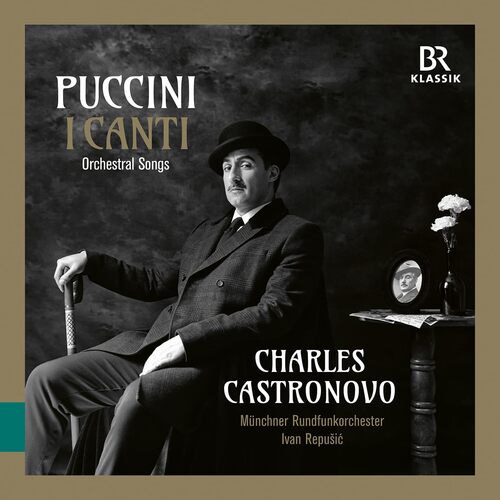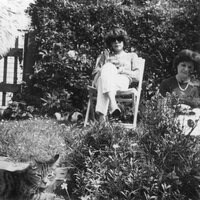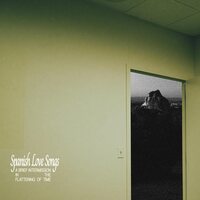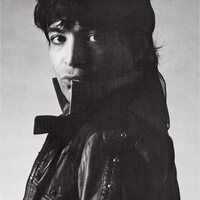Giacomo Puccini wrote only a few works for voice with piano accompaniment. Eleven songs were published during his lifetime; others remained lost for over a century. In 2010, a first critical edition of the total of sixteen vocal compositions was presented. Several of them are closely related to Puccini's operas and had already been written during his studies in Milan. It was this edition that inspired Johannes X. Schachtner to arrange the piano score-like accompaniments for orchestra. In early February 2023, the US tenor Charles Castronovo sang these sixteen songs for the first time together with the Münchner Rundfunkorchester conducted by Ivan Repušic. Charles Castronovo has worked with the Münchner Rundfunkorchester ever since a concert performance of Mozart's La clemenza di Tito in 2006. In the 2023/24 season, he will return to Munich as the orchestra's “Artist in Residence”. BR-KLASSIK now presents the Vinyl “Giacomo Puccini - I Canti”. Puccini's piano songs are entirely in the Italian tradition of the 19th century. Most Italian opera composers - from Rossini, Donizetti and Bellini to Verdi - also wrote lieder, but unlike the German art song, these were always closely related to bel canto, the “beautiful song”. Priority is given here to an irresistible melos over a mostly simple accompaniment, which is nevertheless supported by charming harmonies; hardly ever do these Italian songs eschew the dramatic flair of the opera composer. In the course of his work, Johannes X. Schachtner was increasingly fascinated by the way in which these songs, which were written for very different occasions and have no contextual connection, nevertheless convey the highly exciting story of a composer's life. From the youthful, almost innocent love song “A te” to Puccini's last songs with the impressive “Morire?” – but also small album leaves such as the setting of the Italian proverb “Casa mia, casa mia”, which is only a few bars long. Some songs also afford us a glimpse into the workshop of the composer Puccini, who made use of his earlier pieces in his operas. For example, a melody from the song “Mentía l'avviso”, which was part of his final examination at the Milan Conservatory, became the famous aria “Donna non vidi mai” of Des Grieux in his opera Manon Lescaut a few years later. The sixteen songs arranged with orchestral accompaniment are complemented by orchestral works by Puccini, written during his studies at the Milan Conservatory. They reflect the musical spirit of the time that shaped the young composer – ranging from the melodic influences of his teacher Amilcare Ponchielli to the impressions that the music of Richard Wagner left on him.
Release date:
January 19, 2024
Label:
Install our app to receive notifications when new upcoming releases are added.

Recommended equipment and accessories
-

Cartridges - Top Picks
A selection of turnatble cartridges that provide great performance and sound quality
-

Edifier R1280DB Powered Speakers
Combining classic design with modern Bluetooth connectivity, built-in amplification and versatile inputs, these speakers deliver rich, balanced sound.
-

Ortofon 2M Red Cartridge
Features an elliptical stylus that accurately tracks the grooves of vinyl records, delivering a rich, detailed sound with an output voltage of 5.5 mV
-

Vinyl Care - Top Picks
A selection of accesories to keep your turntable equipment & vinyl records in the best shape
-

Denon DP-400
Featuring a high-precision, belt-driven mechanism and an adjustable tonearm that ensures optimal tracking and minimal resonance
Featured Upcoming Vinyl
-

Kreator Krushers Of The World (Red)
Nuclear Blast
January 16, 2026 -

Beyond The Black Break The Silence (Gold)
Nuclear Blast
January 9, 2026 -

Converge Love Is Not Enough
Deathwish Inc
February 13, 2026 -

Natasha Pirard Fernande, Cecile
Deewee
December 12, 2025 -

Jenny on Holiday Quicksand Heart
Transgressive
January 9, 2026 -

Ov Sulfur Endless
Century Media
January 16, 2026 -

3rd & the Mortal 3rd & The Mortal
Darkness Shall Rise
December 12, 2025 -

Spanish Love Songs A Brief Intermission in the Flattening of Time
Pure Noise Records
December 12, 2025 -

Kula Shaker Wormslayer
Strange F.O.L.K. LLP
January 30, 2026 -

Alan Vega Alan Vega (Red)
Sacred Bones
January 23, 2026 -

The Gloom In The Corner Royal Discordance (Clear Purple Red Splatter etch on D side) [2xLP]
Sharptone
February 27, 2026 -

Ladytron Paradises [2xLP]
Nettwerk Records
March 20, 2026 -

Ebba Åsman When You Know
Dorado
December 12, 2025 -

China Crisis Autumn In The Neighbourhood (Cloudy Blue)
Last Night Glasgow
December 12, 2025


















